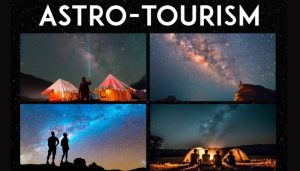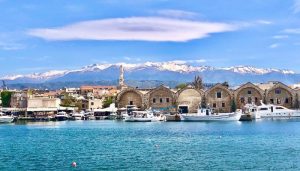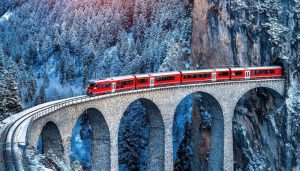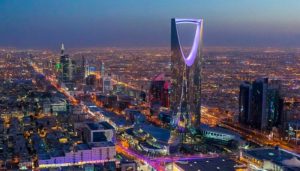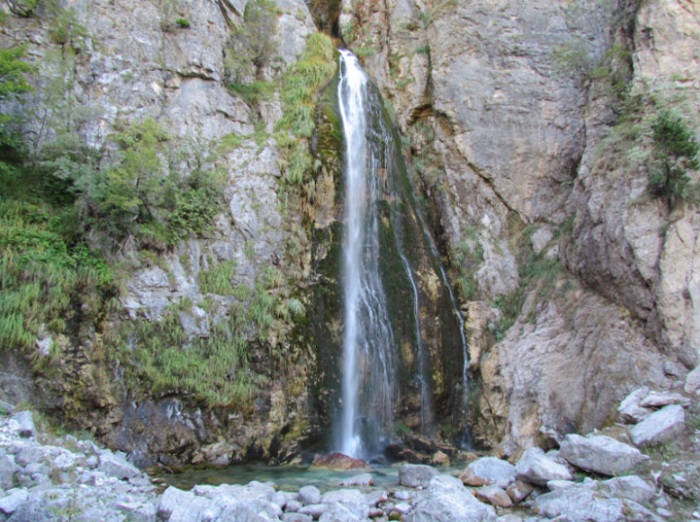
Albania, a rapidly growing tourist destination in Europe, is shifting its focus from mass tourism to alternative tourism, a strategy that government officials believe will differentiate it from its competitors. This small Balkan country, once isolated from the rest of the world, has become increasingly popular due to its trendy and exotic image. In 2022, it received 7.5 million visitors, more than double its population and an increase from the previous record of 6.4 million in 2019.
According to Mirela Kumbaro, Albania’s Minister of Tourism and Environment, “Compared to ten years ago, it’s a different country. Things are changing so rapidly… Albania in 2023 is brimming with positive energy.” Despite the impact of Covid-19, the nation has more than compensated for its losses.
Albania is moving away from the conventional sun and sea approach embraced by its Mediterranean counterparts and instead plans to revamp itself as a top-tier “quality” destination by serving new markets. Referring to the turbulent transition from Stalinist dictatorship to democracy, the Albanian official stated, “We made some mistakes in the 1990s. You can’t learn without making mistakes – they’re an integral part of the process.”
The Vjosa river is commonly referred to as Europe’s final untamed river.
Albania’s rural and northern Alpine region, which includes the Accursed Mountains, present unparalleled opportunities for agri- and ecotourism. As efforts to promote tourism in some of Europe’s poorest regions increase, international development agencies have joined in.
Last week, the focus turned to the Vjosa river, which spans 273km and is often regarded as the last remaining wild river in Europe. Prime Minister Edi Rama pledged to establish a new national park in the basin that includes the river and its tributaries, making it the first of its kind in Europe and boosting tourism. Mirela Kumbaro, in her announcement that she would be submitting an application for the entire Vjosa basin to become a UNESCO biosphere reserve, emphasized the need to rejuvenate villages through rural tourism.
During the time of Hoxha’s rule, cameras, miniskirts, and beards were prohibited. Men who entered Albania during this period were required to shave their chins at the border and have their hair trimmed if it was deemed too lengthy. As the government gradually began to open up, bus tours started operating from Athens, primarily serving Greeks with family members residing in minority communities in the south. Other tourists were allowed, but they were screened before being granted visas. These tours only went as far as the capital, Tirana, where visitors stayed in dull, Soviet-style hotels. The staff would secretly pass desperate notes under plates as they served meals.
Journeys to the impoverished highlands further north were prohibited. It was a place where political prisoners were sent and the number of inmates increased as Albania gradually separated from other communist nations. The region was notorious for its harsh labor camps. “Everything was prohibited, including religion,” Kumbaro recalls, noting that her grandmother was “too scared” to speak openly about her faith.
